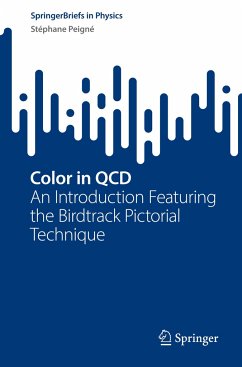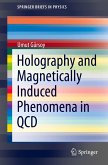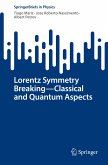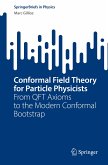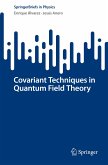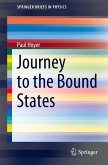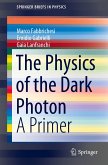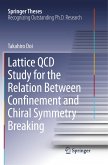This book introduces readers to the fascinating world of quantum chromodynamics (QCD) and quarks and gluons, the elementary constituents of protons, neutrons, and all hadrons. Specifically, it focuses on the color of quarks and gluons, responsible for their mutual interactions via the strong force.
The book provides an elementary introduction to the birdtrack technique, which is a powerful tool for addressing the color structure of QCD in a pictorial way. The technique shows how quark and gluon colors are combined and mixed in QCD. The author discusses color conservation, shows how to project on color states of systems of quarks, antiquarks, and gluons, how to derive their color charges. The book is enriched with many exercises integrated in the text to learn by doing.
This book is primarily intended for particle physics students, graduates, and researchers working in the field of QCD. However, it requires no specific prerequisites in QCD, so it may also be of interest to students of mathematics, as an illustration of the use of the birdtrack pictorial technique in representation theory.
The book provides an elementary introduction to the birdtrack technique, which is a powerful tool for addressing the color structure of QCD in a pictorial way. The technique shows how quark and gluon colors are combined and mixed in QCD. The author discusses color conservation, shows how to project on color states of systems of quarks, antiquarks, and gluons, how to derive their color charges. The book is enriched with many exercises integrated in the text to learn by doing.
This book is primarily intended for particle physics students, graduates, and researchers working in the field of QCD. However, it requires no specific prerequisites in QCD, so it may also be of interest to students of mathematics, as an illustration of the use of the birdtrack pictorial technique in representation theory.

